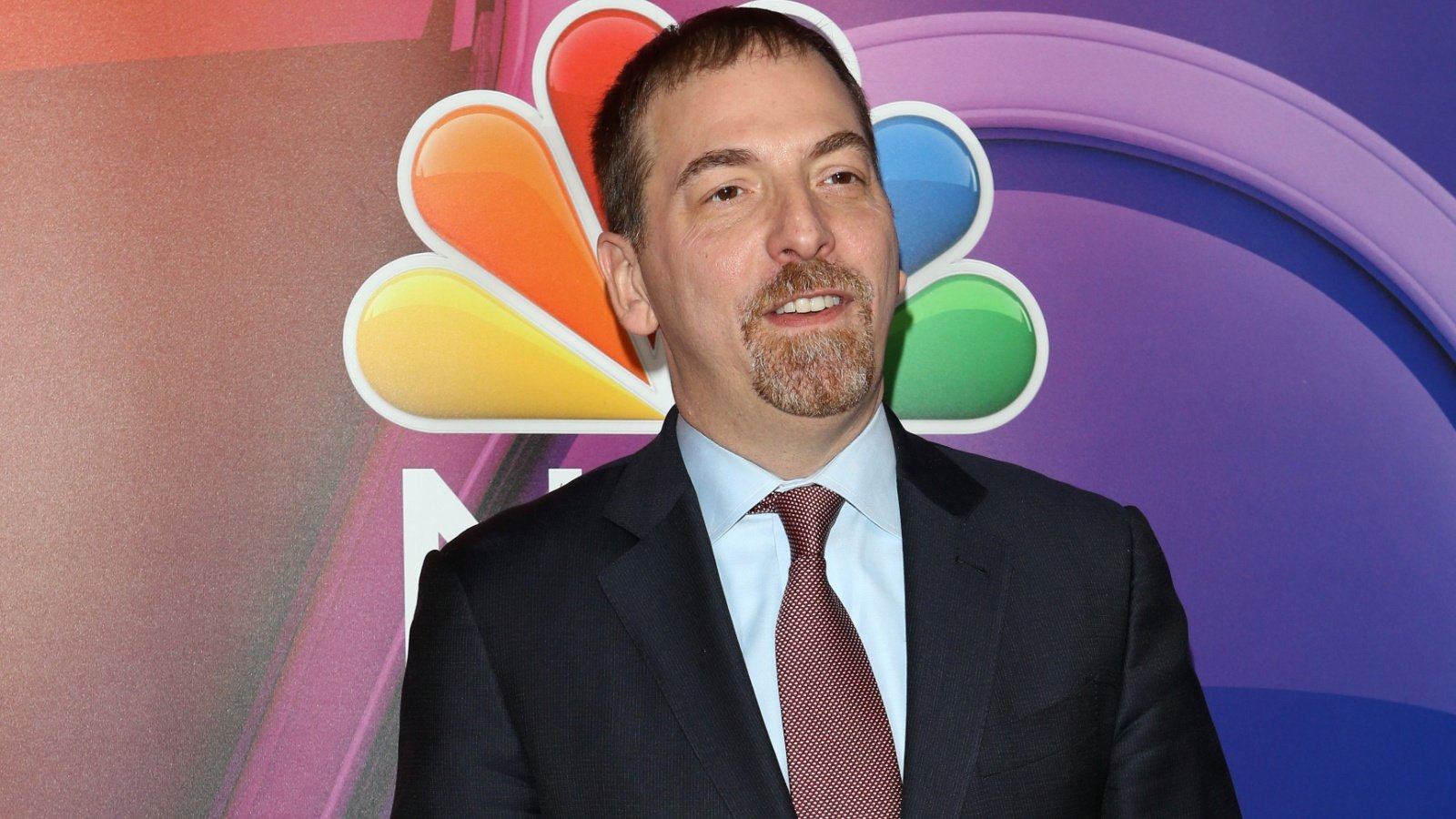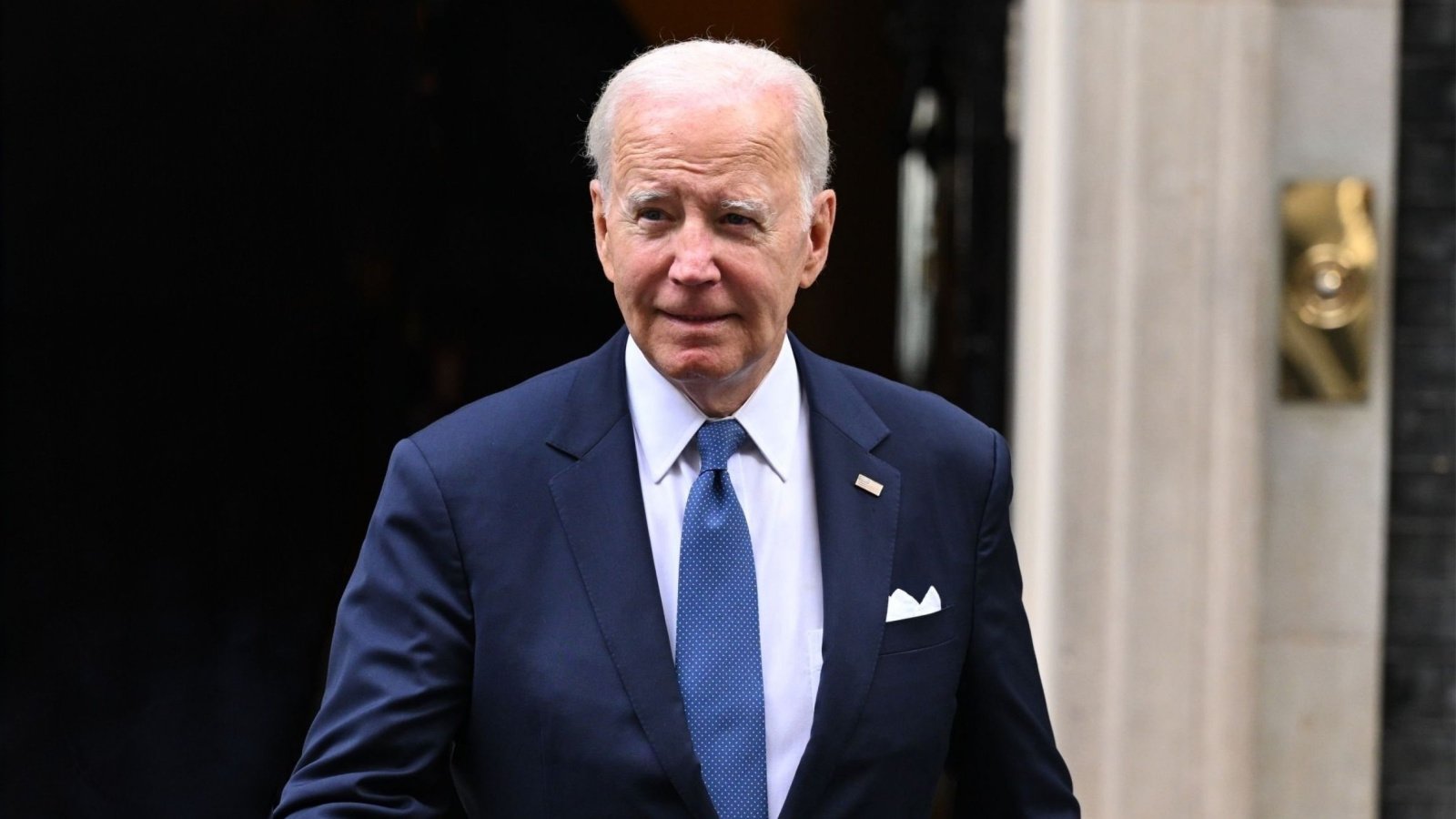Allen Weisselberg, the Trump Organization’s former Chief Financial Officer, entered a guilty plea for perjury charges in New York. This plea is connected to his testimony in a civil fraud case involving former President Donald Trump. Weisselberg is set to serve five months in jail as a result of his plea.
The Charges and Sentence

On a recent Monday in state court in Manhattan, 76-year-old Weisselberg admitted to two counts of perjury. This admission will result in his imprisonment in April, marking his second jail term after a previous 100-day sentence for tax evasion related to unreported company benefits.
Between Loyalty and the Law

Weisselberg’s guilty plea highlights his struggle between adhering to legal obligations and remaining loyal to Trump. Despite nearly five decades of service to the Trump family, his decision not to provide truthful testimony that could potentially harm Trump indicates a choice to sacrifice personal freedom.
Statement from the Manhattan DA
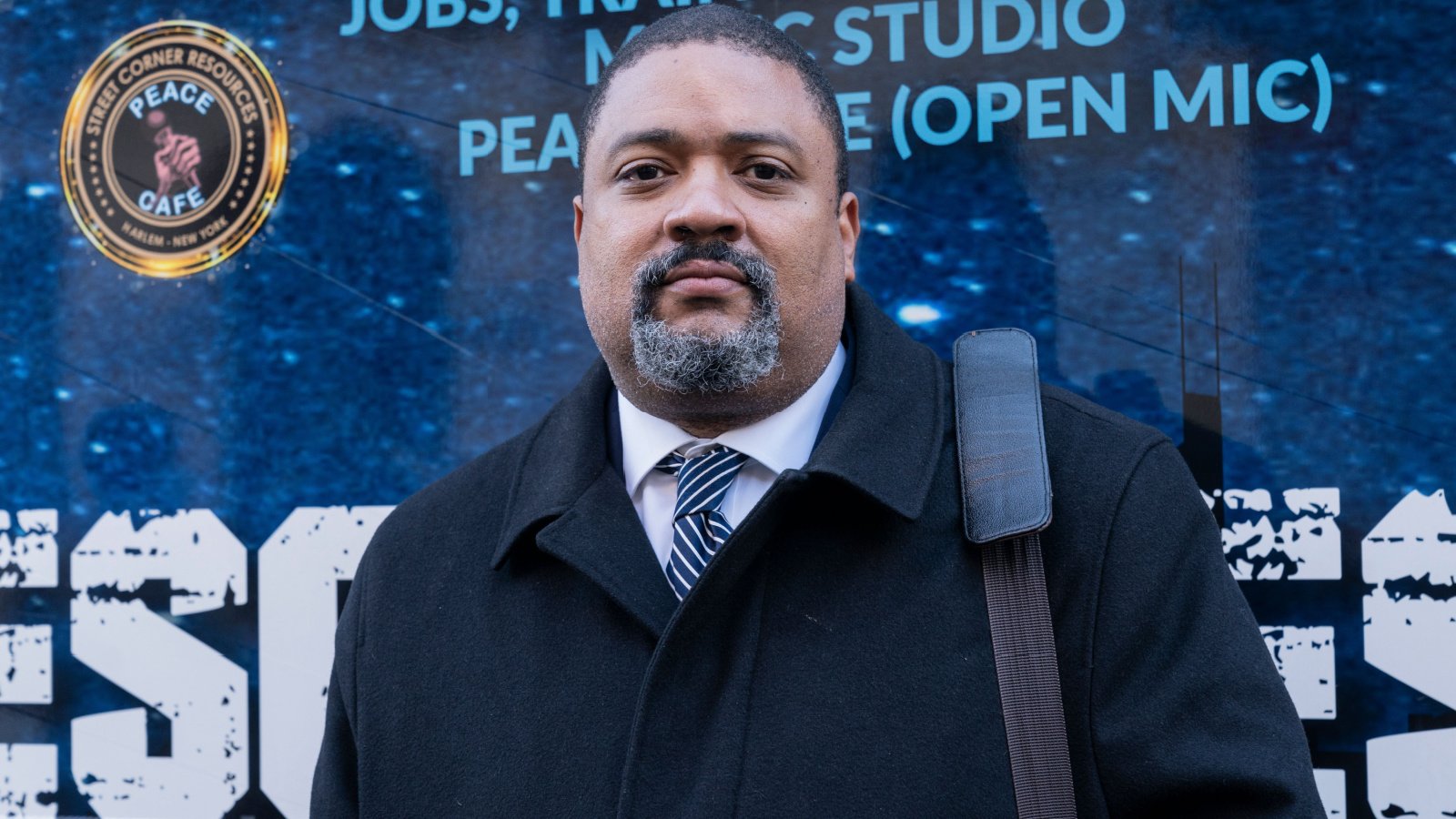
The Manhattan District Attorney’s office emphasized the seriousness of lying under oath, stating plainly, “It is a crime to lie in depositions and at trial.”
Plea Deal Details
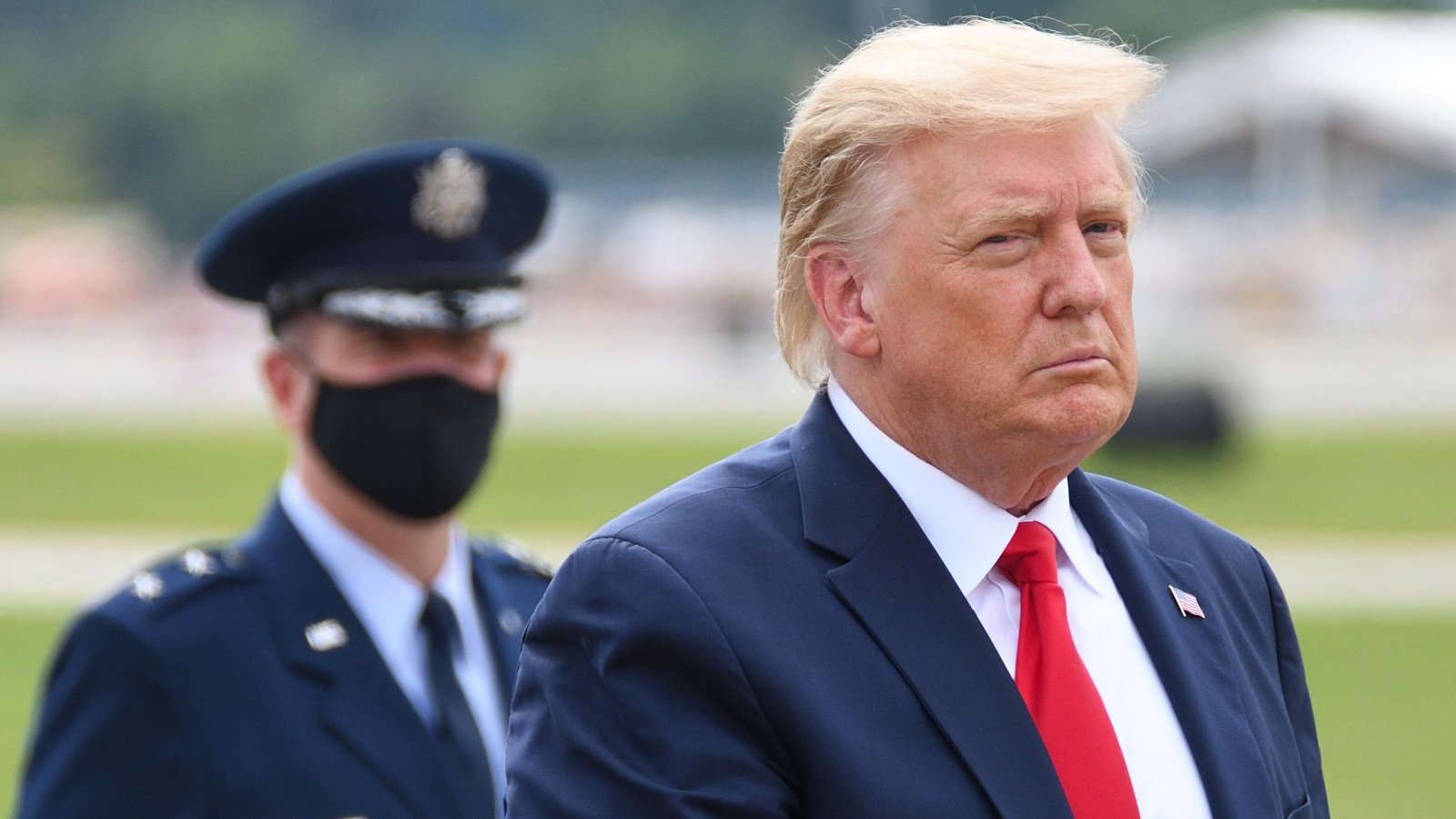
Weisselberg’s agreement with prosecutors does not compel him to cooperate or testify in the upcoming hush-money trial related to Trump. This deal also includes immunity from prosecution for potential other crimes linked to his tenure at the Trump Organization.
Admitted Perjury

During his court appearance, Weisselberg acknowledged providing false testimony on three separate occasions while under oath in litigation initiated by New York Attorney General Letitia James. Despite this, his plea specifically pertains to false statements made during his 2020 deposition to avoid breaching his tax case probation.
Response from Weisselberg’s Attorney

Seth Rosenberg, Weisselberg’s attorney, stated his client is looking forward to moving past this ordeal, indicating a desire for closure.
Trump’s Legal Team Reacts

Trump’s lawyers argue that Weisselberg was unfairly targeted by prosecutors in an attempt to disrupt Trump’s presidential campaign, suggesting the plea was coerced through threats of imprisonment.
Courtroom Proceedings

Weisselberg surrendered to authorities and appeared in court handcuffed, admitting his false testimony about Trump’s Manhattan penthouse valuation, which he significantly overstated.
Sentencing Date and Prosecutorial Considerations

Scheduled for formal sentencing on April 10, Weisselberg’s five-month term was influenced by his age and acknowledgment of his crimes. Normally, perjury could lead to a much longer prison sentence in New York.
Trump Restored to Colorado Ballot
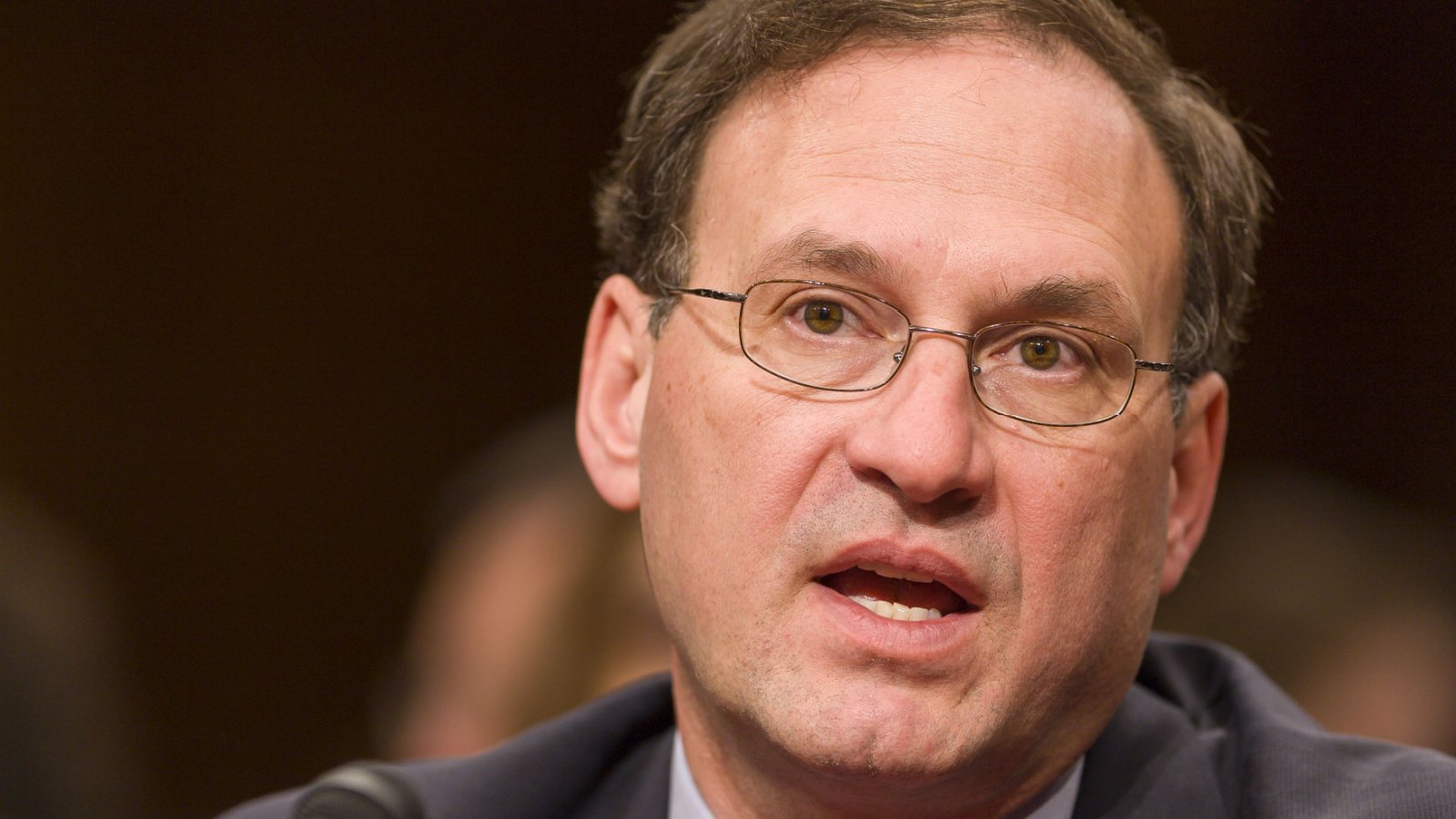
Coinciding with Weisselberg’s plea, the Supreme Court reinstated Trump to the Colorado ballot after his removal due to attempts to overturn the 2020 election results.
Civil Fraud Case Outcome
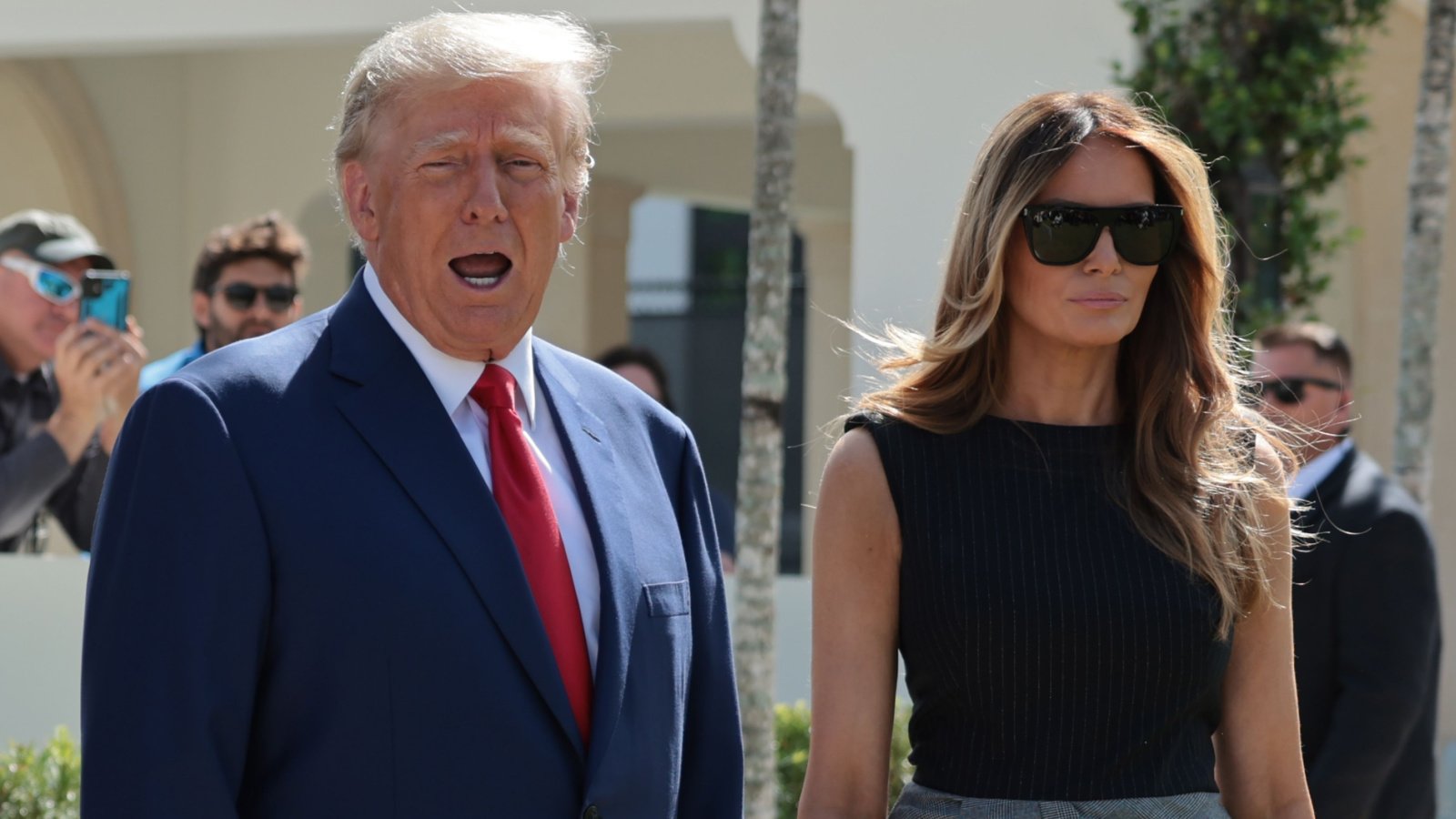
In a related civil fraud case, Trump, Weisselberg, and others were found to have misled financial institutions by inflating Trump’s wealth on financial documents. This led to significant financial penalties for both Trump and Weisselberg.
Weisselberg’s Financial Statements Misrepresentation
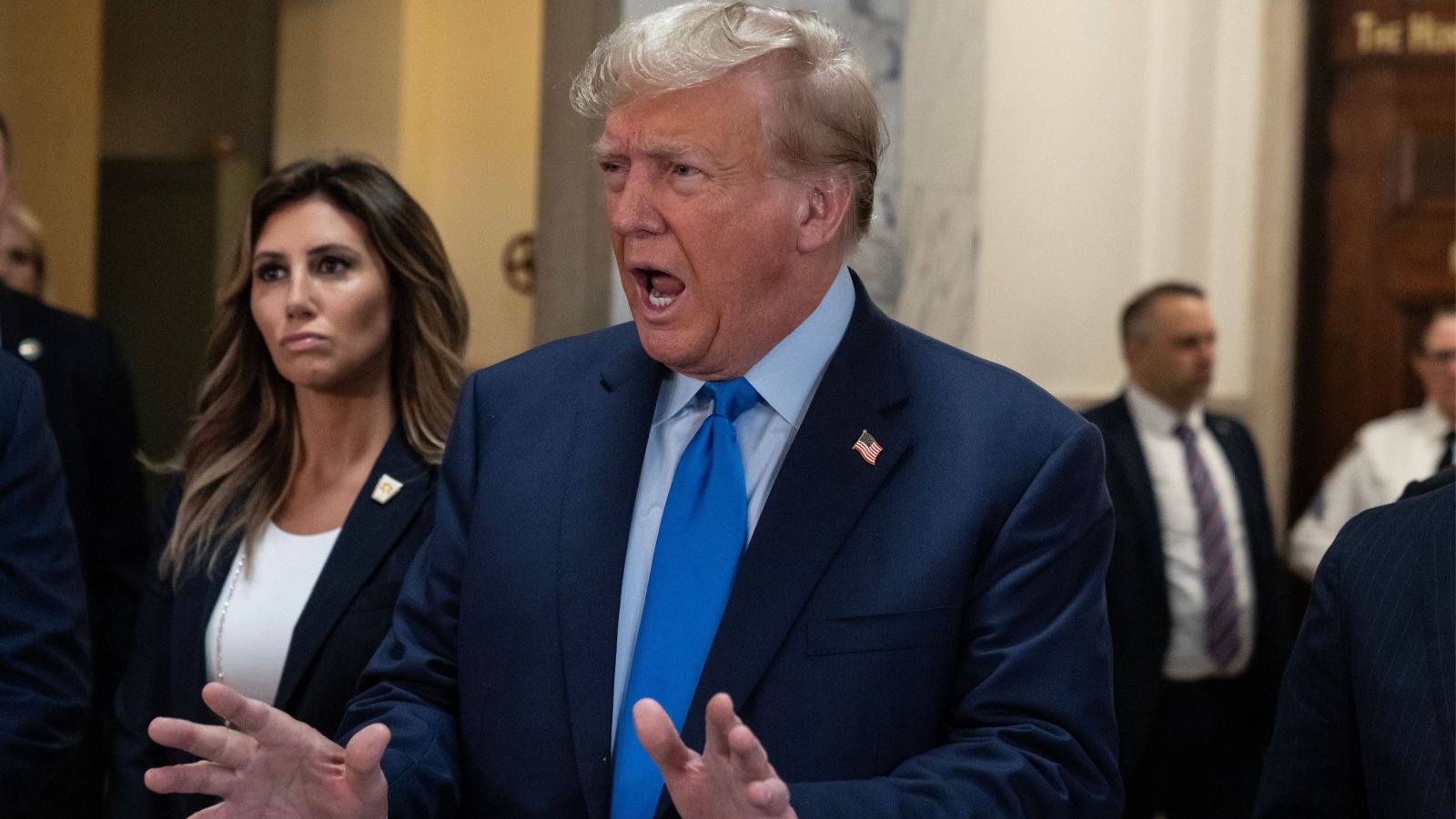
Evidence showed Weisselberg overvalued Trump’s penthouse, a discrepancy exposed after Forbes magazine challenged the property’s estimated value, leading to a significant adjustment in its worth on financial statements.
Looking Forward
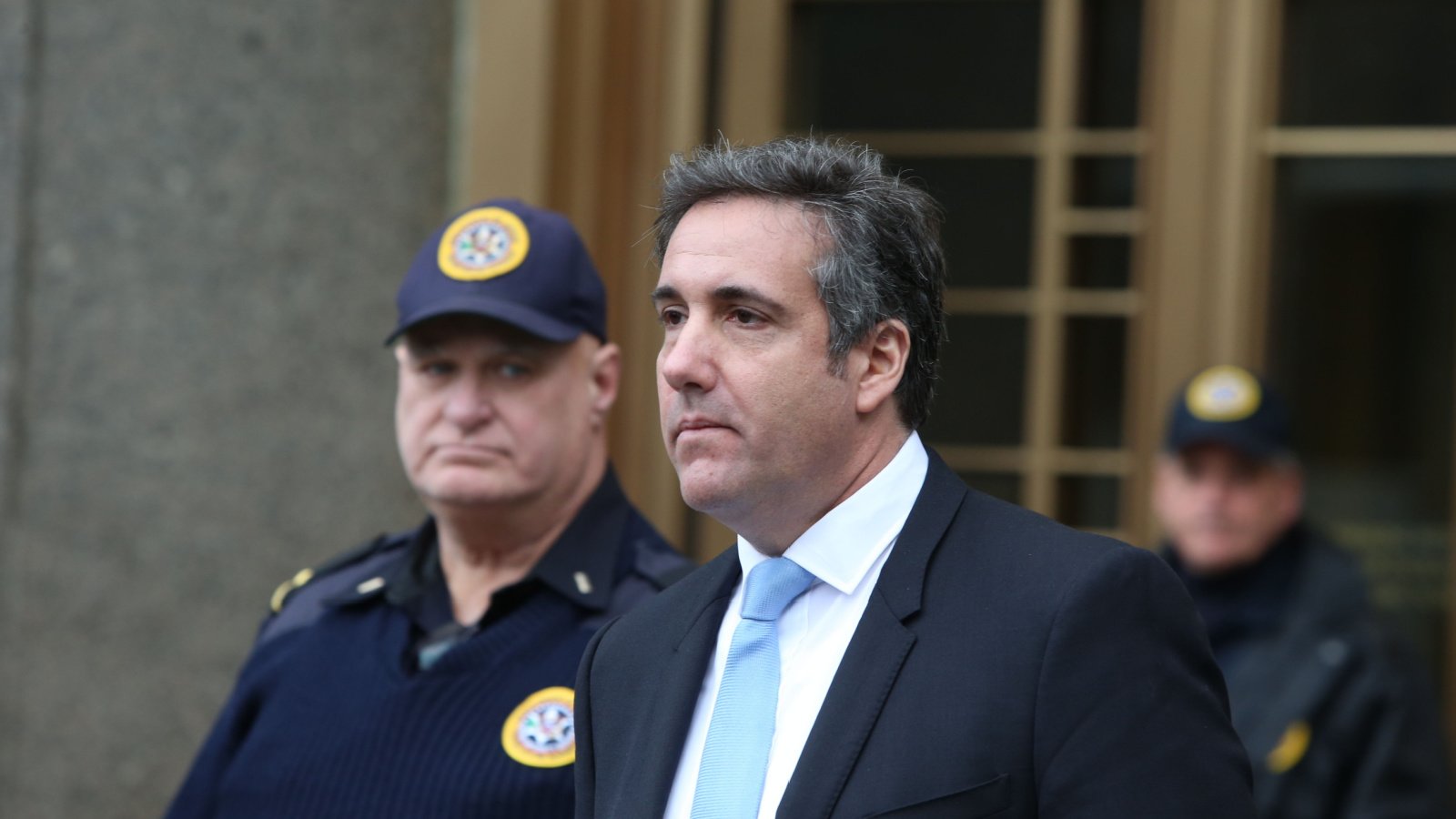
The hush-money trial involving Trump is set to begin shortly, with jury selection commencing in March. Though Weisselberg has been implicated in the scheme by former Trump lawyer Michael Cohen, it remains unclear if he will testify. Weisselberg’s previous guilty plea for tax evasion showcased his careful navigation of the legal system, maintaining Trump’s ignorance of the tax evasion scheme. This case adds another chapter to the complex legal battles surrounding Trump and his associates.






